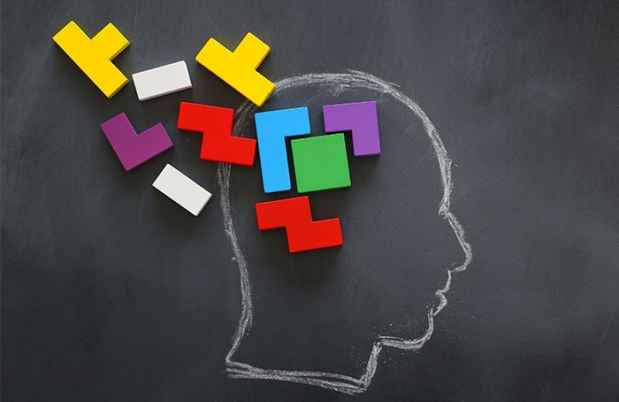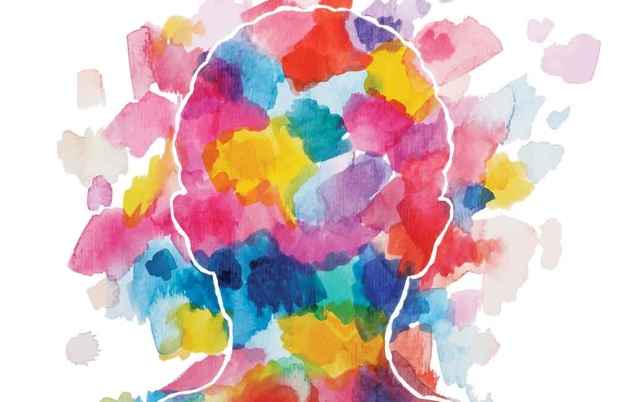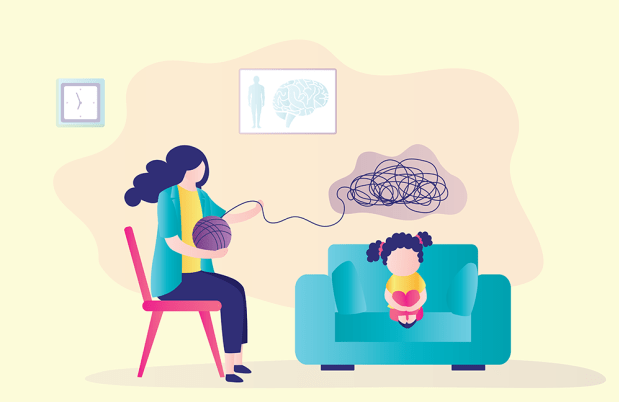Obsessive Compulsive Disorder
McLean leads the field in obsessive compulsive disorder treatment, research, training, and advocacy. Let us show you why people call McLean when they need world-class care for OCD.
Find the Care That’s Right for You
McLean Is Here to Help
With an array of treatment options, we have the program that’s right for you or your loved one. Contact us today to learn more about our OCD care programs.

How We Treat OCD
The Intersection of Compassion and Innovation
Learn why McLean’s world-class treatment approach is considered a life changer for those with OCD.

Support & Education
Resources When You Need Them Most
Professional Development
McLean Hospital offers highly-acclaimed professional education and resources for a wide range of mental health care professionals. Our fully accredited programming supports continuing education with a focus on improving patient care.
More About OCD
Articles, Videos, News, and More
At the Forefront of OCD Research
Scientific Investigation
McLean researchers lead the way in OCD research, focusing on causes of obsessive compulsive disorder and improved treatment and outcomes for patients.









